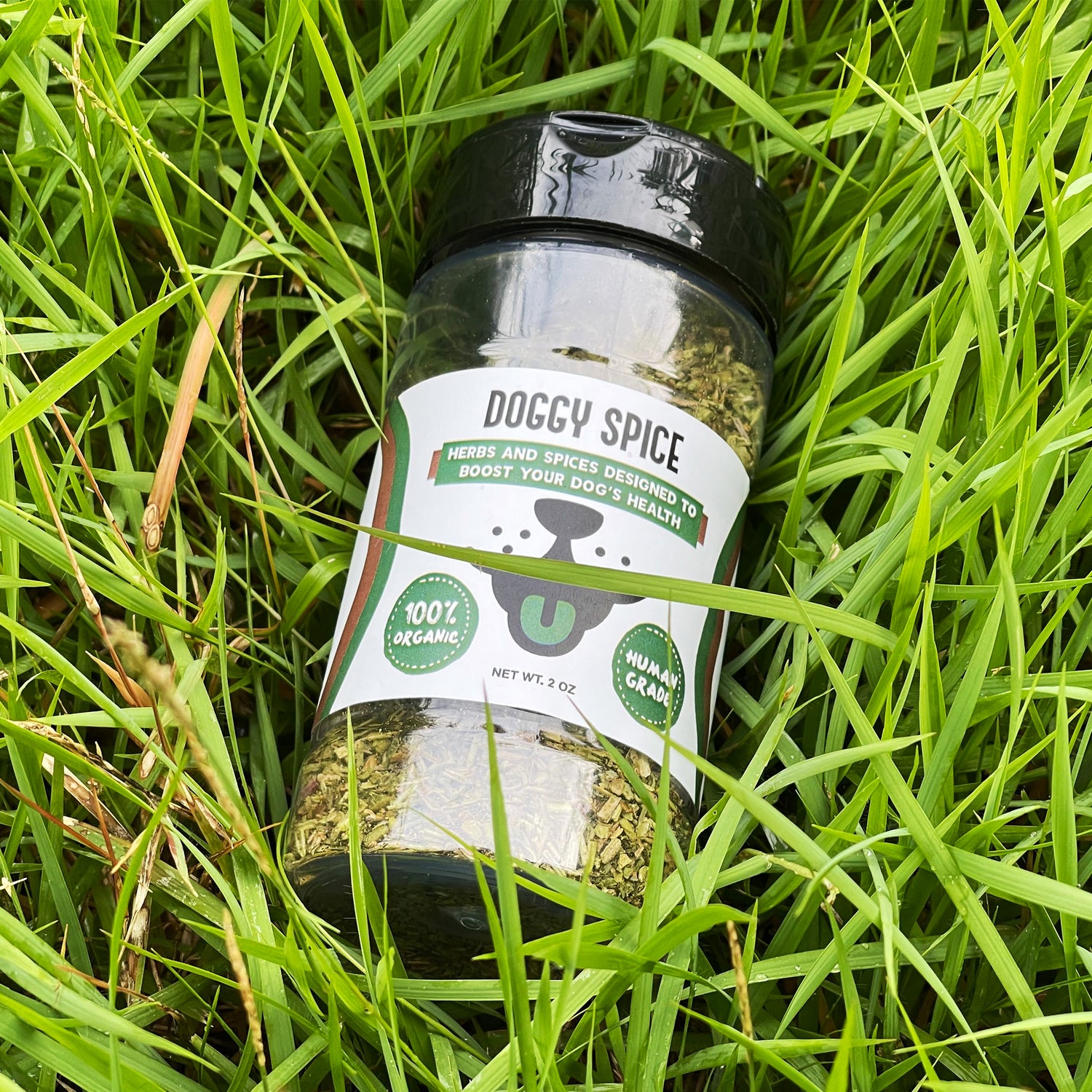
How to Choose the Right Dog Breed for Your Lifestyle
Share
Introduction
Selecting the right dog breed is a significant decision that can greatly impact your daily life and happiness with your furry companion. Each breed has unique characteristics, energy levels, and care needs that must align with your lifestyle. 🐾
In this guide, we’ll walk you through everything you need to know about choosing the perfect dog breed. From energy levels to living situations, we’ll cover all the essentials to help you make an informed decision.
Why Your Lifestyle Matters in Choosing a Dog Breed 🐕
Choosing a breed that fits your lifestyle ensures a harmonious relationship. Here are the key factors to consider:
-
Activity Level
- High-Energy Breeds: Breeds like Border Collies, Huskies, and Australian Shepherds thrive with active owners who enjoy outdoor activities like hiking or jogging.
- Low-Energy Breeds: Bulldogs, Basset Hounds, and Shih Tzus are better suited for less active households or apartment living.
-
Living Situation
- Apartment Living: Smaller breeds like Dachshunds or Pugs are better suited for limited spaces.
- Houses with Yards: Larger breeds, like Golden Retrievers or Labradors, enjoy having outdoor space to roam and play.
-
Family Composition
- Families with Children: Golden Retrievers, Beagles, and Labradors are known for their patience and gentle nature with kids.
- Single Owners: Breeds like French Bulldogs or Chihuahuas make excellent companions for individuals.
Matching a Dog Breed to Your Needs: A Quick Guide 🐾
|
Lifestyle |
Suggested Breeds |
Key Traits |
|
Active outdoor enthusiast |
Border Collie, Australian Shepherd, Siberian Husky |
High-energy, needs mental and physical exercise |
|
Apartment dweller |
French Bulldog, Pug, Dachshund |
Low-energy, small size, adaptable |
|
Family with young children |
Golden Retriever, Beagle, Labrador Retriever |
Gentle, playful, tolerant |
|
First-time dog owner |
Cavalier King Charles Spaniel, Labrador Retriever |
Easygoing, trainable, friendly |
|
Senior or less active owner |
Shih Tzu, Maltese, Bichon Frise |
Low-maintenance, calm, affectionate |
Factors to Consider When Choosing a Dog Breed 🐩
-
Size Matters
- Small Dogs: Easier to handle and often require less space. Examples: Yorkshire Terrier, Chihuahua.
- Medium Dogs: A balance of manageability and activity needs. Examples: Cocker Spaniel, Australian Shepherd.
- Large Dogs: Require more space and food, but often make great family pets. Examples: Bernese Mountain Dog, Great Dane.
-
Grooming Requirements
- Low-Maintenance: Short-coated breeds like Boxers or Dachshunds.
- High-Maintenance: Breeds like Poodles or Afghan Hounds that need regular grooming.
-
Temperament
- Independent Breeds: Shiba Inu, Basenji.
- Affectionate Breeds: Golden Retriever, Cavalier King Charles Spaniel.
"Selecting a dog breed that matches your energy level and living situation is crucial for both the dog’s well-being and your own satisfaction as an owner."
— American Kennel Club (AKC)
Choosing the Right Dog Breed: A Lifestyle Quiz 📚
Sometimes, prospective dog owners benefit from a simple quiz to match their preferences and lifestyle with suitable dog breeds. Below are some sample questions you can include:
- How active are you?
- A: Very active (enjoy hiking, jogging, or long walks).
- B: Moderately active (light walks, occasional outdoor activities).
- C: Prefer relaxing at home.
- What size dog are you comfortable with?
- A: Small (e.g., Chihuahua, Dachshund).
- B: Medium (e.g., Cocker Spaniel, Border Collie).
- C: Large (e.g., Golden Retriever, German Shepherd).
- Do you or your family have allergies?
- A: Yes, so a hypoallergenic breed is ideal.
- B: No, allergies are not a concern.
- What kind of living space do you have?
- A: Apartment or condo with limited outdoor access.
- B: House with a backyard.
- C: Rural property with open space.
By answering these questions, you can gain a clearer idea of what breeds are a good fit for your lifestyle.
The Costs of Owning Different Dog Breeds 💰
When selecting a dog breed, it’s essential to factor in the financial commitment. Some breeds are more affordable to maintain, while others require significant investment in grooming, healthcare, and food.
Estimated Costs Per Year:
|
Breed Type |
Average Costs (USD) |
Notes |
|
Small Breeds (e.g., Pug) |
$500–$1,200 |
Lower food and grooming costs. |
|
Medium Breeds (e.g., Beagle) |
$800–$1,500 |
Moderate costs for food, toys, and vet care. |
|
Large Breeds (e.g., Lab) |
$1,200–$2,500 |
Higher food consumption and potential health issues. |
💡 Pro Tip: Always budget for unforeseen expenses, such as emergency vet visits or advanced training.
Uncommon Dog Breeds to Consider 🐕
Highlight unique or rare dog breeds that are lesser-known but might be a great fit for specific lifestyles.
Examples:
- Lagotto Romagnolo: A hypoallergenic breed ideal for allergy sufferers. These dogs are also excellent at activities like truffle hunting!
- Norwegian Lundehund: Known for its unique anatomy, including six toes, this breed excels in agility and is great for active owners.
- Azawakh: A graceful sighthound from Africa, perfect for experienced dog owners who enjoy jogging or running.
The Importance of Breed Research: Understanding Health Concerns 🏥
Certain breeds are predisposed to specific health issues. Understanding these concerns can help owners prepare for medical care.
Examples:
- Bulldogs: Prone to respiratory issues due to their brachycephalic skulls.
- German Shepherds: Often experience hip dysplasia as they age.
- Dachshunds: Susceptible to back problems, especially if overweight.
💡 Pro Tip: Consider pet insurance for breeds with known health risks.
Preparing Your Home for a New Dog 🐶🏠
Before bringing a dog home, it's essential to create a safe, welcoming environment.
Steps to Prepare:
- Secure hazards: Remove toxic plants, secure loose wires, and lock away cleaning supplies.
- Create a cozy space: Invest in a comfortable bed and a designated area for the dog.
- Stock up on essentials: Include bowls, leashes, toys, and grooming supplies.
- Puppy-proof your home: Use baby gates to restrict access to certain areas if adopting a puppy.
Top 5 Myths About Dog Breeds
- ❌ Myth: Big dogs can’t live in apartments.
- ✅ Fact: Some large breeds, like Great Danes, are surprisingly well-suited to apartment living due to their calm nature.
- ❌ Myth: Small dogs don’t need exercise.
- ✅ Fact: Breeds like Jack Russell Terriers are small but require plenty of mental and physical stimulation.
- ❌ Myth: Hypoallergenic dogs don’t cause allergies.
- ✅ Fact: While they shed less, no breed is completely hypoallergenic; allergens can still be present in saliva or dander.
- ❌ Myth: All herding breeds are aggressive.
- ✅ Fact: While herding instincts are strong, proper training can channel this behavior positively.
- ❌ Myth: Mixed breeds are always healthier than purebreds.
- ✅ Fact: While mixed breeds may have a lower risk of some genetic conditions, they are not immune to health problems.
Incorporating Training Needs Into Breed Selection
Different breeds have varying levels of trainability. For new dog owners, choosing a breed with an easygoing temperament and high trainability can make the transition smoother.
Easy-to-Train Breeds:
- Border Collie
- Labrador Retriever
- Poodle
Breeds That Require Patience:
- Afghan Hound
- Chow Chow
- Basenji
💡 Training Tip: Consistency and positive reinforcement are key for all breeds.
Dog Breeds Frequently Asked Questions (FAQ) 🧐
What is the best dog breed for first-time owners?
Breeds like Labrador Retrievers, Golden Retrievers, and Cavalier King Charles Spaniels are excellent for beginners due to their friendly, trainable nature.
Which breeds are best for apartments?
Small, low-energy breeds like French Bulldogs, Pugs, and Dachshunds are ideal for apartment living.
What is the best breed for families with children?
Labrador Retrievers, Golden Retrievers, and Beagles are known for being patient and playful with kids.
How do I choose a dog if I have allergies?
Hypoallergenic breeds like Poodles, Bichon Frises, and Maltese produce less dander, making them better for allergy sufferers.
Can I adopt a mixed-breed dog?
Absolutely! Mixed-breed dogs often combine the best traits of multiple breeds and can be wonderful companions.
Top Herbs and Spices to Keep Your Dog Healthy All Year 🌿
- Cleavers (Galium Aparine) - Supports lymphatic health
- Rosemary- Antioxidant-rich
- Dandelion Greens - Provides vitamins A, C, and K
- Basil - Calming properties
- Peppermint - Aids digestion
- Celery Seeds - Anti-inflammatory benefits
- Dill - Rich in antioxidants
- Oregano - Immune-supporting
- Parsley - Supports fresh breath
- Thyme - Immune booster
- Ginger - Soothes stomachs
- Tumeric - Anti-inflammatory properties
These herbs and spices can easily be incorporated into your dog’s meals with Doggy Spice to promote overall well-being. 🌱
Final Thoughts: Choosing the Right Breed 🐾
Selecting the right dog breed involves understanding your lifestyle, preferences, and ability to meet the dog’s needs. By evaluating activity levels, living space, family dynamics, and other factors, you can find the perfect furry friend who will thrive in your care. 🐶
📚 References
- American Kennel Club (AKC). (n.d.). Choosing the Right Dog for You. Retrieved from https://www.akc.org.
- ASPCA. (n.d.). How to Choose the Right Dog for Your Lifestyle. Retrieved from https://www.aspca.org.
- Veterinary Health Center. (n.d.). Matching a Dog’s Needs to Your Lifestyle. Retrieved from https://vethealth.org.

